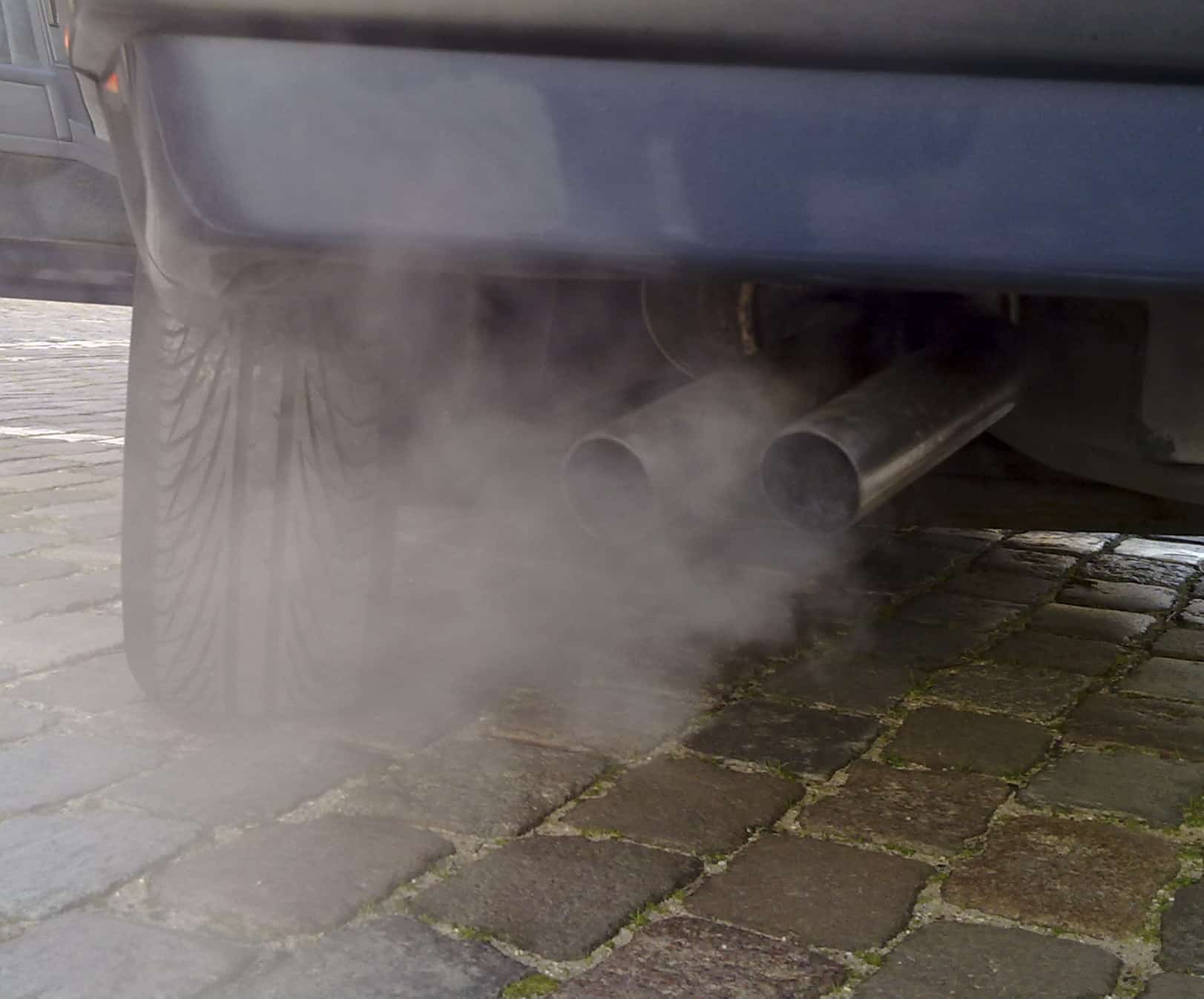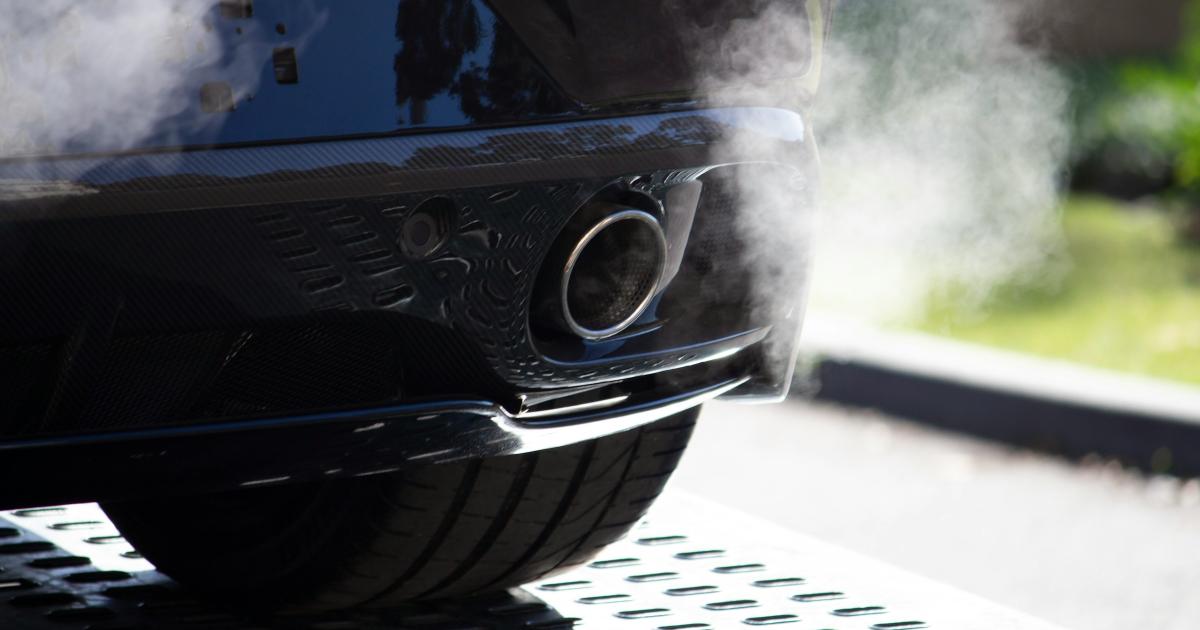Diesel engines have been a cornerstone of the automotive sector for many years, powering everything from large trucks to offering fuel efficiency in passenger vehicles. But how have these powerful engines influenced the way we drive and transport goods?
Let’s take a closer look at how diesel engines have shaped the automotive landscape and how they continue to drive innovation in vehicle technology.
The History and Evolution of Diesel Engines in Vehicles
Early History
The origins of diesel engines trace back to the late 19th century when Rudolf Diesel created a more efficient compression ignition engine in the 1890s.
Initially, diesel engines were large and mostly used for stationary applications, such as power generation and in industrial machinery.
It wasn’t until the 1920s that high-speed diesel engines were developed for commercial vehicles. These engines began making their way into passenger cars in the 1930s.
Evolution in Vehicles
Diesel engines quickly became popular due to their fuel efficiency and torque, which made them well-suited for heavy-duty vehicles like trucks, buses, and trains.
By the 1930s, diesel engines were being used in a small number of automobiles, and by the 1950s, they saw more widespread adoption in Europe.
Since then, diesel engines have undergone significant evolution, with technological advancements leading to improved performance, efficiency, and emissions control.
Modern Developments
In recent years, diesel engines have faced challenges due to growing environmental concerns and more stringent emissions regulations.
Nevertheless, ongoing research and development have brought cleaner diesel technologies to the forefront, such as diesel particulate filters and selective catalytic reduction systems. These innovations have significantly lowered emissions.
The future of diesel engines will focus on further technological advancements to meet increasingly strict emissions standards while preserving their efficiency and performance.
Benefits of Diesel Engines over Gasoline Engines
- Fuel Efficiency
One of the main advantages of diesel engines over gasoline engines is their fuel efficiency. Diesel engines can typically achieve 25-30% better mileage than gasoline engines, making them more economical in the long term. - Durability and Longevity
Diesel engines are renowned for their long-lasting durability. They tend to outlast gasoline engines, requiring minimal maintenance while offering reliable operation. - Torque and Power
Diesel engines provide superior acceleration and torque compared to gasoline engines, offering the necessary power to handle demanding tasks efficiently. - Lower CO2 Emissions
In addition to being more fuel-efficient, diesel engines tend to produce lower CO2 emissions compared to gasoline engines, making them a more environmentally friendly option. - Better Mileage
Another key advantage is the improved fuel economy of diesel engines, which enables them to achieve better mileage than gasoline engines. - Lower Fuel Cost
Diesel fuel is often less expensive than gasoline, contributing to additional cost savings over time.
Environmental Concerns and Diesel Engine Regulations
Environmental issues surrounding diesel engines primarily focus on their emissions, which contribute to air pollution and can harm human health and the environment.
Diesel engines emit pollutants such as nitrogen oxides (NOx), particulate matter (PM), and carbon monoxide (CO).
These pollutants can result in respiratory problems, cardiovascular diseases, and environmental damage. To address these concerns, regulations have been put in place to control diesel emissions.
These regulations include standards for vehicle emissions, fuel quality, and engine technology, all aimed at reducing the environmental impact of diesel engines.
Impact on the Automotive Industry: Sales, Production, and Technological Advancements
Development
The automotive industry has experienced significant changes in sales, production, and technological development as a result of the evolution of diesel engines.
Sales
While diesel engines have traditionally been praised for their fuel efficiency and torque, they now face challenges due to environmental concerns and regulatory changes.
As a result, diesel vehicle sales have seen a decline, with manufacturers and consumers shifting toward electrified options.
Production
Automakers have focused on developing alternative powertrains, including electric and hybrid vehicles, which has transformed production processes and the automotive industry’s supply chains.

Technological Advancements
The development of digital technologies has significantly influenced the automotive industry, opening up new business models and opportunities.
Diesel engine technology continues to evolve, with a focus on enhancing efficiency and reducing emissions, ensuring that diesel engines still have a place in certain markets.
The influence of diesel engines on the automotive industry has been substantial, driving shifts in sales trends, production strategies, and technological progress.
Case Study: The Volkswagen Dieselgate Scandal
Background
The Dieselgate scandal involving Volkswagen, uncovered in 2015, revealed that the company had installed software in its diesel engines to manipulate emissions tests.
This software allowed the vehicles to pass regulatory tests while emitting pollutants far above legal limits during normal driving conditions. The scandal impacted 11 million vehicles worldwide and had serious consequences for Volkswagen.
Ethical Implications
The scandal raised major ethical concerns, particularly regarding Volkswagen’s deliberate deception and disregard for environmental regulations.
It also cast doubt on the integrity of the automotive industry and the role of regulatory agencies in ensuring compliance.
Legal and Financial Consequences
Volkswagen faced legal action and regulatory fines across multiple countries, including the United States and Germany. The company also experienced substantial financial losses, including fines, settlements, and a drop in market value.
The scandal damaged Volkswagen’s reputation and led to a loss of customer trust, which resulted in decreased sales and market share.
Lessons Learned
The Dieselgate scandal serves as a warning to companies, emphasizing the importance of ethical business practices, transparency, and regulatory compliance.
It highlights the need for rigorous testing and oversight in the automotive sector to prevent similar events from occurring in the future.
The Future of Diesel Engines in the Automotive Industry
Market Trends
The future of diesel engines in the automotive industry is influenced by shifting market trends. Although diesel engines have been favored for their efficiency and torque, there is a clear movement toward alternative fuels and electric vehicles.
This shift is driven by environmental concerns and tighter emissions regulations, pushing automakers to explore cleaner alternatives.
Technological Advancements
Despite these challenges, diesel engines are unlikely to disappear soon. Many industries still heavily rely on diesel-powered vehicles for their reliability and efficiency.
Technological advancements are continually improving diesel engines, making them cleaner and more efficient.
Innovations such as cleaner fuel formulations, advanced emission control systems, and hybrid diesel-electric solutions are shaping the future of diesel engines in the automotive world.
Environmental Impact
The future of diesel engines is closely tied to their environmental impact. Ongoing emissions regulations will continue to drive the development of cleaner, more efficient technologies.
Despite the challenges, diesel engines are expected to remain a significant component of the automotive sector, especially in areas where their power and efficiency are essential.
Diesel engines have played a pivotal role in shaping the automotive industry and continue to do so.
From revolutionizing transportation to offering fuel efficiency and eco-friendliness, diesel engines have changed the way we think about vehicles.
While they face certain challenges, advancements in technology are making diesel engines cleaner and more sustainable.
With their impressive power and efficiency, it’s clear that diesel engines will remain a crucial part of the automotive industry for the foreseeable future.

